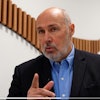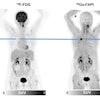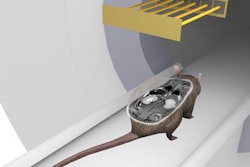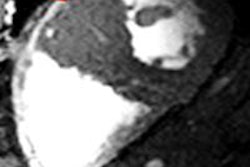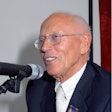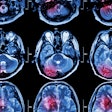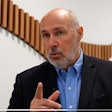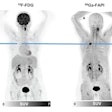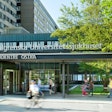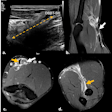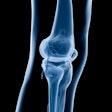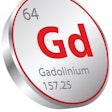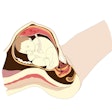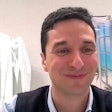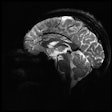The European Research Council has awarded a research grant for ultrahigh-field MRI to the German-based researcher Thoralf Niendorf, PhD, to study the role of temperature in animal bodies.
The goal is to take advantage of the inevitable generation of heat that occurs every time a patient receives an MRI scan, according to Niendorf, a professor at the Max Delbrück Center for Molecular Medicine (MDC) in the Helmholtz Association in Berlin.
"A lack of understanding about its effects has led to strict regulations governing the amount that can reach patient tissues," Niendorf said in a statement from the MDC. "We're hoping to take this side effect and turn it into a tool for research, diagnosis, and hopefully even therapies."
To focus precise amounts of energy on microscopic targets inside animal bodies, Niendorf's group will build a new ultrashigh-field MRI instrument with custom-defined arrays of radiofrequency transmitters, according to the MDC. The researchers will initially seek to establish whether healthy or diseased tissues have unique thermal properties, an assessment that could have diagnostic value.
In hopes of developing temperature into a therapeutic tool, they will next observe how pathological tissues such as tumors and their surroundings respond to highly focused heat. Finally, they will collaborate with groups in Berlin and Sydney, Australia, to test a new research tool: heat-sensitive "nanovehicles" that bear inhibitors or drugs and remain inactive until a precise temperature is reached, the MDC said.


